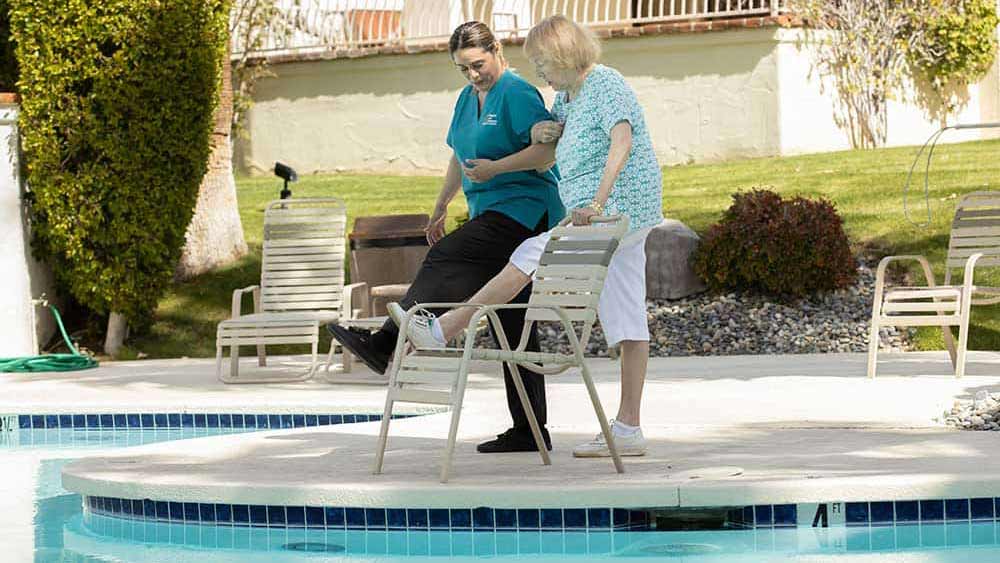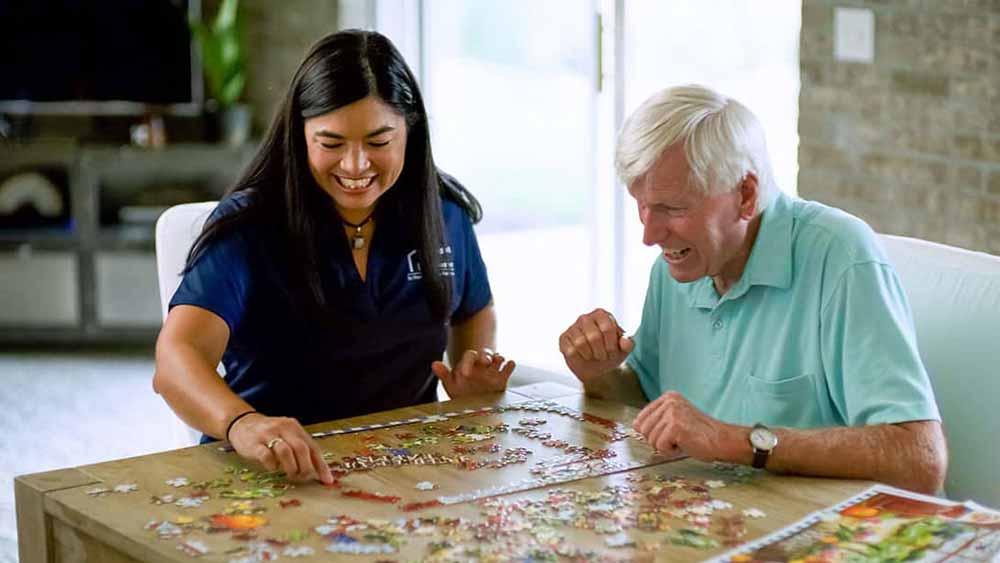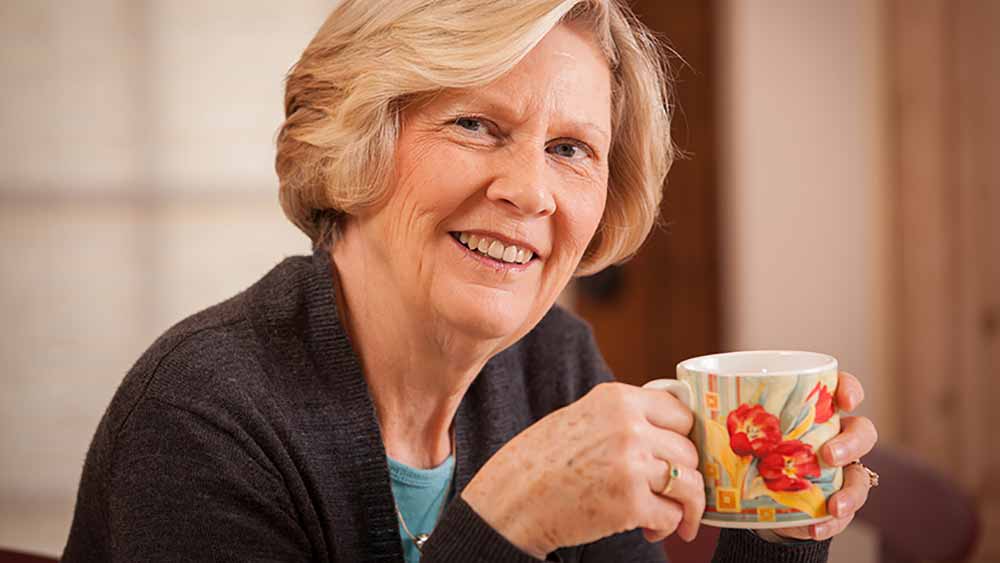

Financial Advice for Widows
A heart attack. A car accident. A stroke. For women whose spouses die, the grief is often magnified by the stress and uncertainly of legal and financial matters. An estimated 13.6 million widows live in the United States, and money worries add to these women’s feeling overwhelmed at being single again. What can a recent widow do to lessen the burden of her finance and estate decisions?
- Ask for help with time-sensitive tasks. In the immediate aftermath of losing a spouse, only a few items are of essential priority. Enlist the help of an informed family member or friend to help you make a list and timeline of important matters to accomplish over the next 30 days and following months (will, Social Security survivor benefits, trusts, etc.). The top of your list should include:
- Death certificate and affidavit of domicile (proof of late spouse’s place of residence) — contact the local coroner’s office for 10-20 copies of the death certificate to send to financial/legal institutions; a lawyer can supply the affidavit of domicile form.
- Life insurance benefits — payment usually takes one to six weeks once the insurance company receives the necessary paperwork.
- COBRA health insurance — widows are entitled to continue with up to three years of coverage.
- Wait on the bigger decisions. Among the best advice after a spouse dies is to hold off making major decisions and changes. Postpone immediately selling the house, moving or shifting savings and investments.
- Consult with the professionals. To begin making the more consequential asset decisions, contact a professional financial planner, estate attorney or certified public accountant.
In the initial loss and grief, it is important to focus on the family’s physical and emotional health. With the help of others and a bit of breathing room, no widow needs to feel alone in the process of settling money matters.
What special assistance do older widows need as they navigate their finances?







